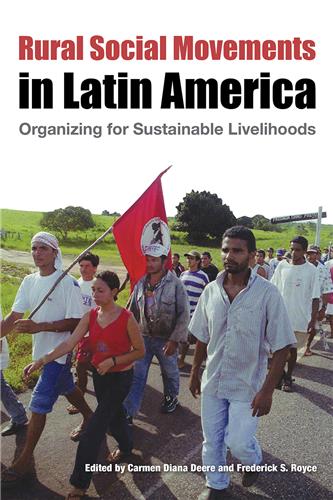U.S.-Cuban Cooperation Past, Present, and Future
Melanie M. Ziegler
Paper: $29.95
- Series: Contemporary Cuba
The United States and Cuba actually cooperate on several issues of mutual interest. This intriguing pattern of U.S.-Cuban cooperation emerged during the 1990s. Naked self-interest led the two governments to cooperate in four areas: illegal immigration, drug trafficking, decreasing tensions around Guantánamo Naval Base, and reducing the threat of unintended war. The fact that there has been any cooperation between the United States and Cuba may be surprising since the public rhetoric of animosity has always dominated U.S.-Cuban discourse.
To date, there has been little systematic research on these areas of cooperation, from confidence building measures to how Cuban exile groups have attempted to undermine all levels of cooperation with the United States. Melanie Ziegler examines these issues and offers possible solutions in hopes of discovering the best pathway for avoiding future confrontation and for building normal relations in the twenty-first century. As the Fidel Castro era draws to a close, it is essential to examine and begin looking for new perspectives on U.S.-Cuban cooperation tactics.
Complete with a historical background, this book is a must-read for scholars, students, policy experts, and members of the U.S. military.
Melanie M. Ziegler is visiting assistant professor of political science and international studies at Miami University in Ohio.
No Sample Chapter Available
"An important book…demonstrates that cooperation between the two countries has occurred when conditions warrant it, and that expansion of cooperative efforts between the two nations is possible in the future…highly recommended."
--CHOICE
"Provides a good first step towards understanding the nature of the US-Cuban relationship behind the war of words. It should be read by anyone interested in Cuba's foreign relations, the US role in Latin America, or just those interested in understanding the relationship between rhetoric and reality in international relations."
--Journal of Latin American Studies
" This excellent book is an important contribution to the literatures on US-Cuban relations, foreign policy analysis, international cooperation, and security studies."
--International Studies Review












